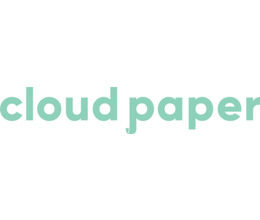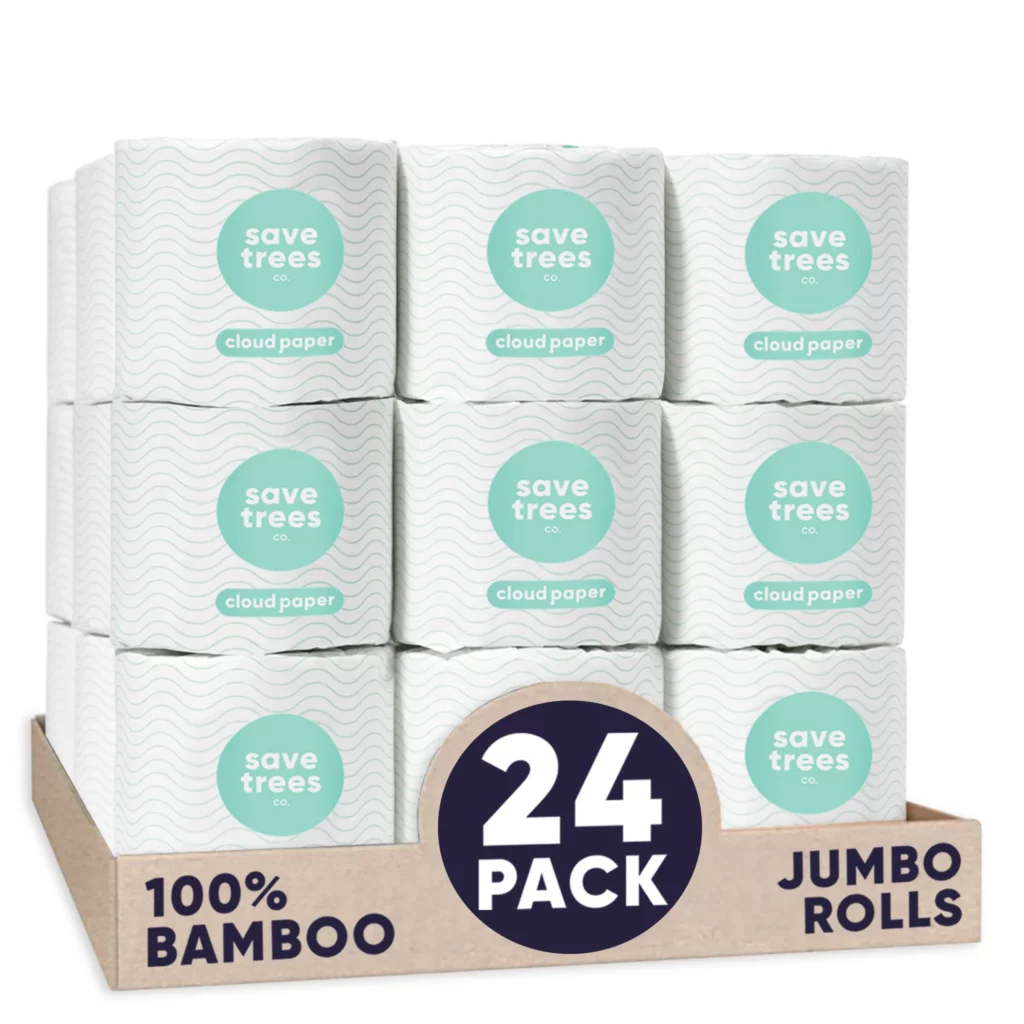Embracing Sustainability: A Review of Cloud Paper and the Benefits of Bamboo
In an era where environmental consciousness is becoming increasingly paramount, companies are striving to adopt sustainable practices in their products and processes. Cloud Paper stands out as a shining example in the realm of eco-friendly alternatives, with its innovative use of bamboo as a primary material for its paper products. This review aims to delve into the various facets of Cloud Paper, examining its commitment to sustainability, the advantages of using bamboo, and the overall impact on the environment.
Cloud Paper and Sustainability:
Cloud Paper, founded with a mission to reduce deforestation and environmental impact, has garnered attention for its commitment to sustainability. The company produces a range of paper products, including toilet paper and paper towels, all made from bamboo fibers. The decision to use bamboo as the primary raw material is rooted in its exceptional sustainability attributes.
Bamboo: Nature’s Green Gold:
Bamboo, often referred to as “green gold,” is a fast-growing grass that boasts remarkable eco-friendly qualities. Unlike traditional hardwood trees, bamboo can reach maturity in a fraction of the time, sometimes as little as three to five years. This rapid growth makes bamboo an abundant and easily replenishable resource, addressing concerns related to deforestation and overconsumption of traditional wood pulp.
Additionally, bamboo requires significantly less water than many other plants to thrive. Its natural resilience and ability to grow in diverse climates make it an ideal candidate for sustainable paper production. By harnessing the regenerative power of bamboo, Cloud Paper is contributing to a more sustainable and responsible approach to paper manufacturing.
Reducing Deforestation:
One of the primary benefits of using bamboo in paper production is its potential to curb deforestation. Traditional paper products, especially those derived from hardwood trees, contribute to widespread deforestation, which leads to the loss of biodiversity, disruption of ecosystems, and increased greenhouse gas emissions.
In contrast, bamboo can be harvested without uprooting the entire plant, allowing for continuous regrowth. This method, known as selective harvesting, minimizes the environmental impact and ensures the preservation of bamboo forests. By choosing Cloud Paper, consumers actively participate in the preservation of global forests and contribute to the fight against deforestation.
Softness and Durability:
Beyond the ecological benefits, Cloud Paper’s bamboo-based products offer a luxurious and soft texture. The natural properties of bamboo fibers provide a gentle touch, ensuring a comfortable user experience. Additionally, bamboo paper exhibits excellent durability, proving to be as resilient as traditional paper products.
The softness and durability of Cloud Paper’s offerings challenge the misconception that sustainability compromises quality. In fact, the incorporation of bamboo fibers enhances the overall user experience while staying true to the brand’s commitment to environmentally conscious practices.
Challenges and Considerations:
While the benefits of bamboo as a sustainable resource are evident, it is crucial to acknowledge some challenges and considerations associated with its use. Bamboo plantations, if not managed responsibly, can still have environmental impacts, such as soil degradation and potential habitat disruption. Therefore, it becomes imperative for companies like Cloud Paper to prioritize responsible sourcing, ensuring that their bamboo supply chain adheres to strict sustainability standards.
Moreover, the transportation of bamboo products from regions where it is cultivated to manufacturing facilities and then to consumers may incur carbon emissions. Companies must actively work towards optimizing their supply chains to minimize these emissions and explore options for local sourcing to further reduce their environmental impact.
Consumer Education and Adoption:
The success of sustainable initiatives, like Cloud Paper’s use of bamboo, hinges on consumer awareness and adoption. Educating consumers about the environmental benefits of bamboo paper is essential for widespread acceptance and uptake of such products. Cloud Paper has taken strides in this regard by transparently communicating its sustainability practices through its marketing and packaging.
However, the challenge lies in transforming consumer habits and perceptions. While environmentally conscious consumers may readily embrace bamboo-based products, a broader audience may need more convincing. Marketing campaigns, educational materials, and partnerships with environmental organizations can play a pivotal role in raising awareness and fostering a shift towards sustainable consumer choices.
Conclusion:
Cloud Paper stands as a commendable example of a company that has successfully combined innovation and sustainability in the production of everyday paper products. By choosing bamboo as the primary raw material, the company addresses critical environmental issues such as deforestation, carbon emissions, and water usage. The benefits of bamboo extend beyond its eco-friendly qualities, as it provides a soft and durable alternative to traditional paper.
While challenges exist, Cloud Paper’s commitment to responsible sourcing and consumer education positions it as a leader in the quest for sustainable alternatives. As more companies follow suit, and consumers become increasingly aware of the environmental impact of their choices, the future holds promise for a more sustainable and ecologically responsible approach to paper production. Cloud Paper’s journey serves as an inspiring blueprint for businesses seeking to make a positive impact on the planet while delivering quality products to their customers.


